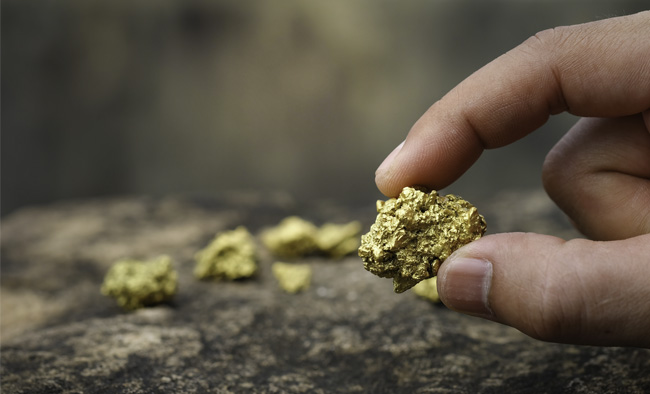The OECD Due Diligence Guidance for Responsible Supply Chains of Minerals from Conflict-Affected and High Risk Areas is one of the instruments that was developed to help companies to identify and better manage risks throughout the entire mineral supply chain, from miners, local exporters and mineral processors to the manufacturing and brand-name companies that use these minerals in their products. The 5-step framework of the OECD Guidance serves as basis for the EU Conflict Minerals Regulation that was adopted in May 2017 with the aim to control trade in minerals from conflict areas and establish a system for supply chain due diligence obligations for EU importers of tin, tantalum, tungsten, and gold (3TG). The Regulation specifically prioritizes the concept of responsible sourcing and targets the use of minerals trade to finance armed groups, forced labour and other human rights abuses. It requires EU companies to ensure they import these minerals and metals from responsible sources only. The EU Regulation is fully applicable as of January 1, 2021.
What is EPMF’s position?
The functioning and effectiveness of the EU Conflict Minerals Regulation is a subject for revision every three years after its full application as of January 1, 2021.
The EPMF is supporting a more ambitious regulation and recommends the following to the EU policy makers:
Lowering the threshold for gold to cover all gold imports that fall within the scope of the regulation, effectively following already industry initiatives. The current 100 kg for gold ores and concentrates required to trigger regulation risks weakening the standards. This could result in reputational consequences for the industry.
The EU Conflict Minerals Regulation requires a more in-depth involvement of the entire supply chain rather than focusing only on (upstream) EU importers
Coherence of other EU legislations.
| Responsible Sourcing is a key element of the EPMF Sustainability Platform. |

Useful to know:
- The EU Regulation applies to EU importers of gold exceeding a volume threshold:
- 4.000.000 kg for gold ores and concentrates.
- 100 kg for gold, unwrought or in semi-manufactured forms, or in powder with a gold concentration lower than 99,5 % that has not passed the refining stage.
- 100 kg for gold, unwrought or in semi-manufactured forms or in powder form with a gold concentration of 99,5 % or higher that has passed the refining stage.
- According to EU Regulation, small-volume importers are exempt from the due diligence requirements, as well as those that process recycled metals.
- The OECD Guidance has global scope and applies to all mineral supply chains that supply or use minerals sourced from conflict-affected or high-risk areas (CAHRAs).
Further information:
- The OECD Due Diligence Guidance for Responsible Supply Chains of Minerals from Conflict-Affected and High Risk Areas
- The EU Conflict Minerals Regulation
- CAHRAs list
- List of Member State competent authorities
- Supply chain due diligence schemes:
Contact information:
France Capon
